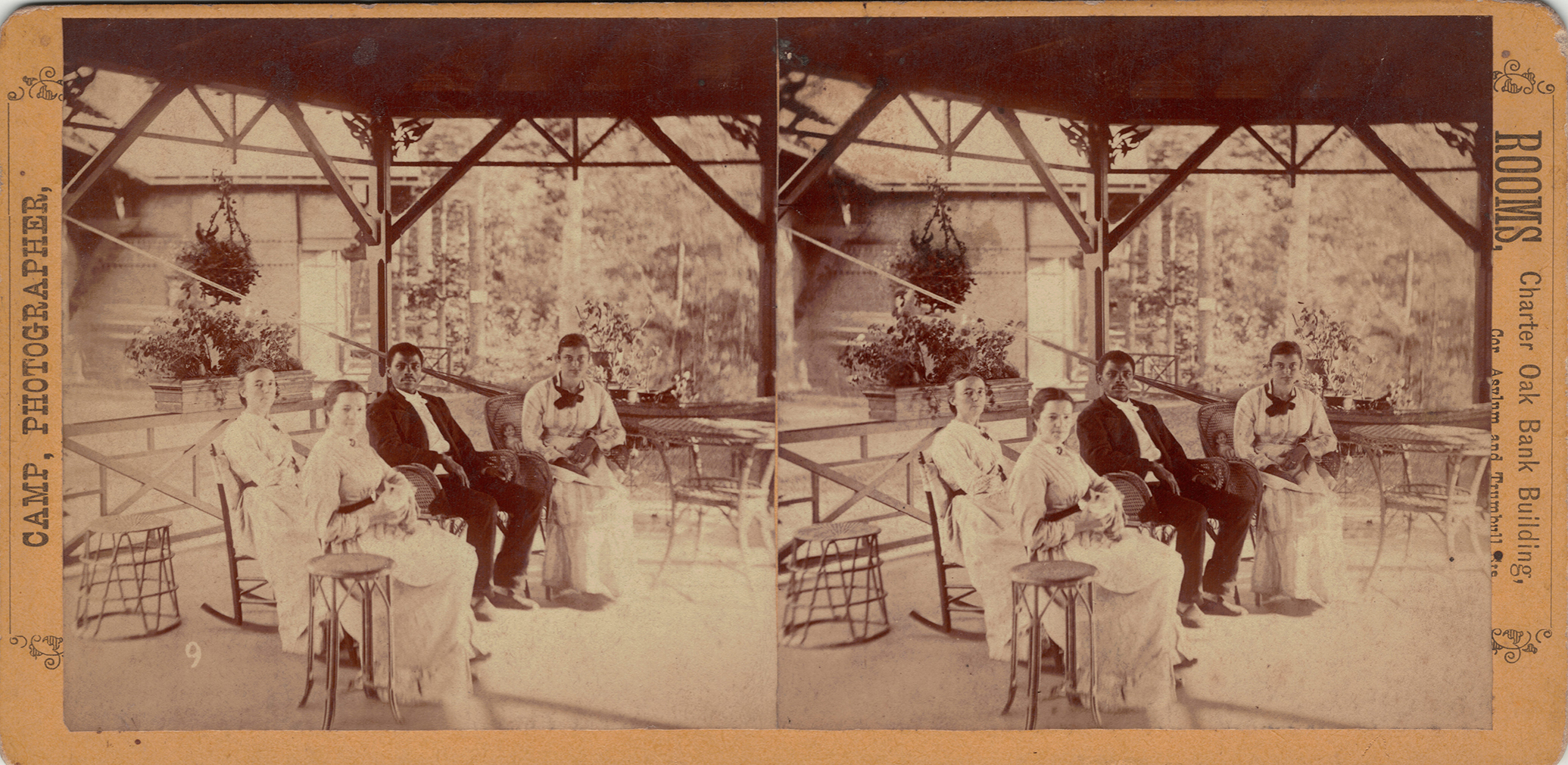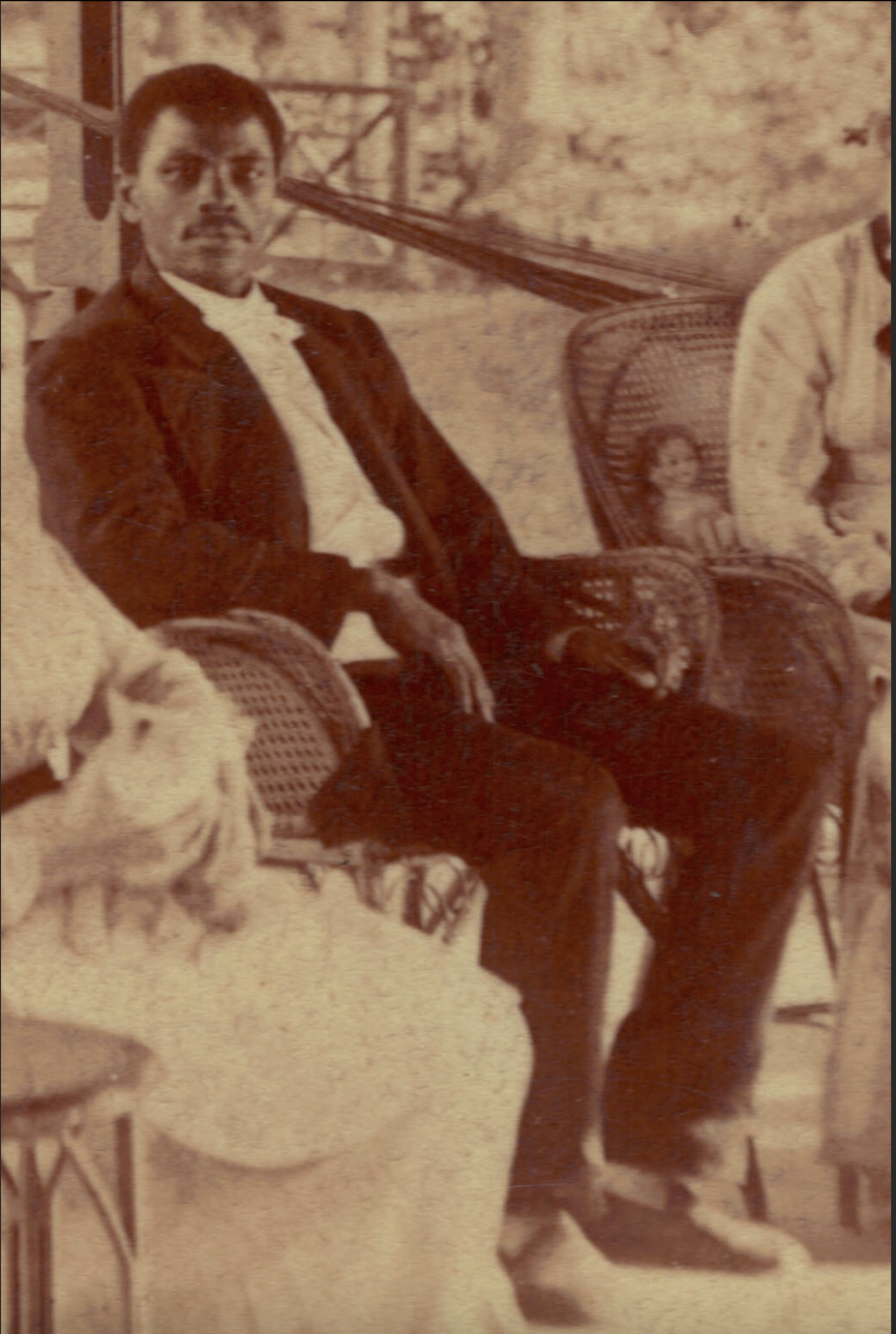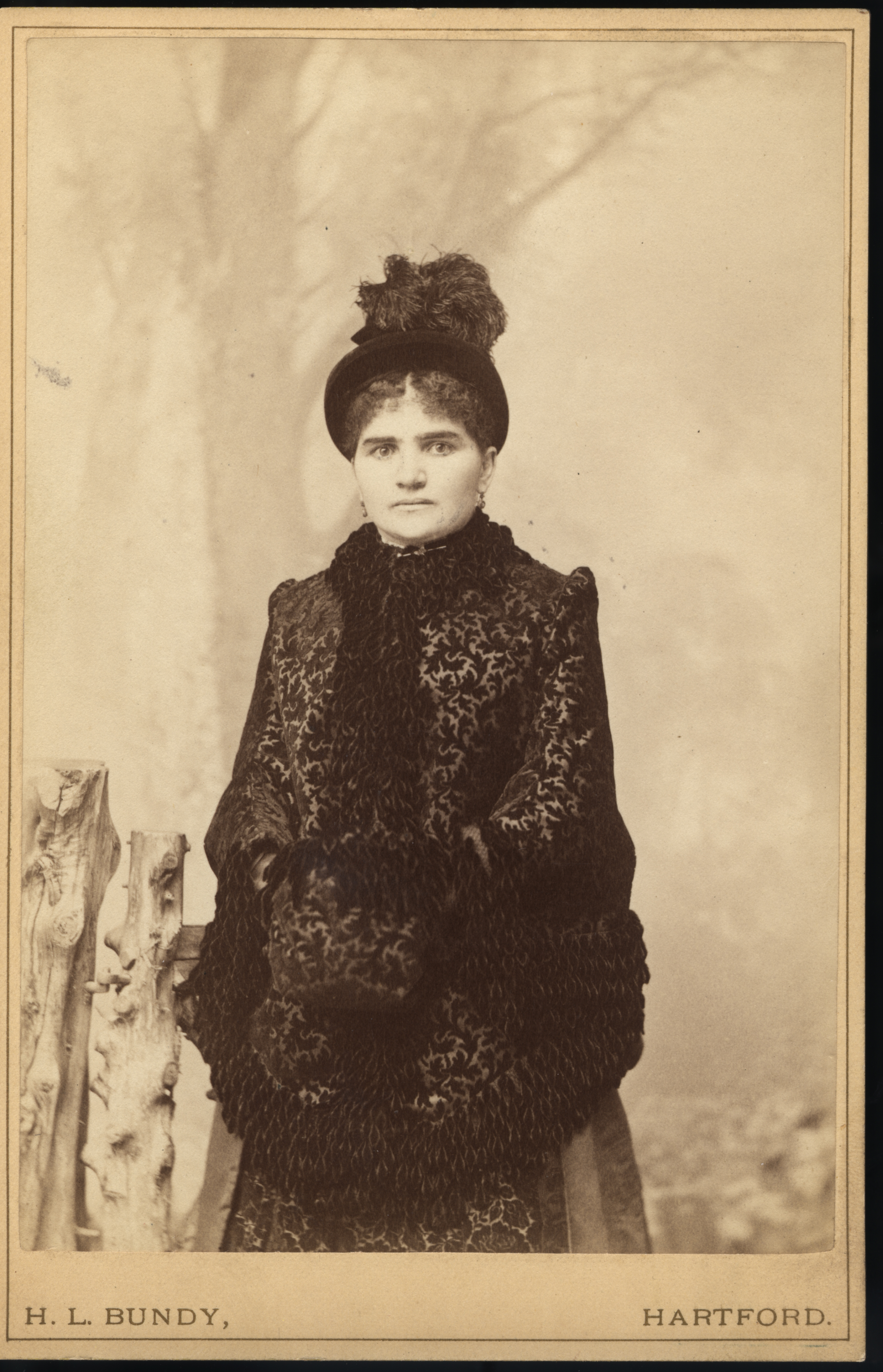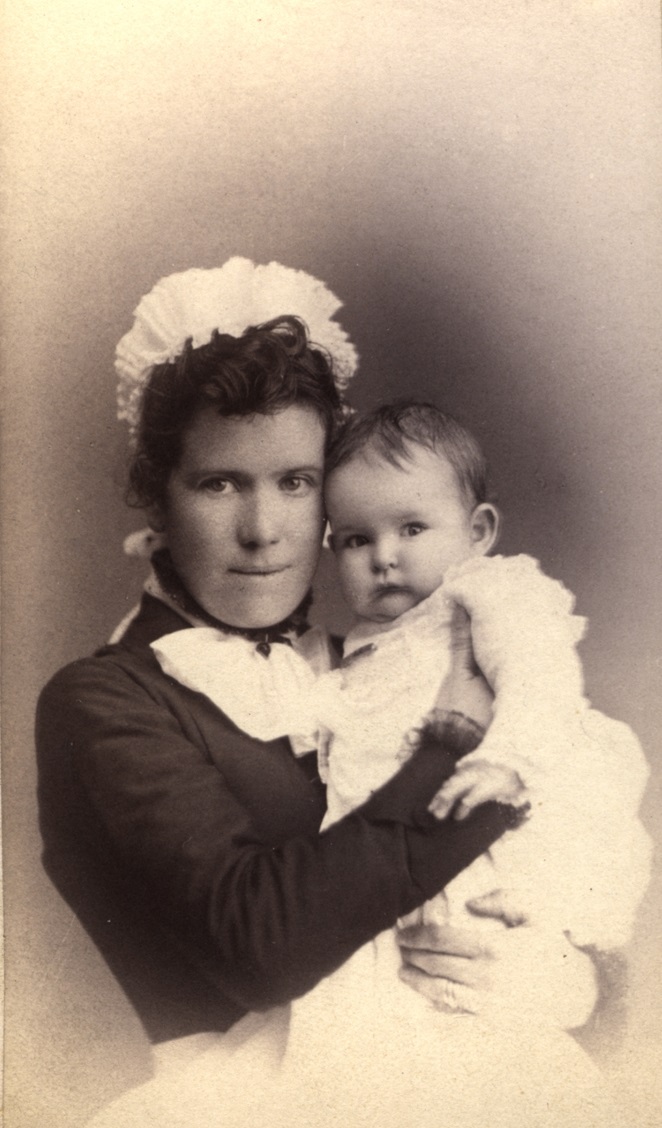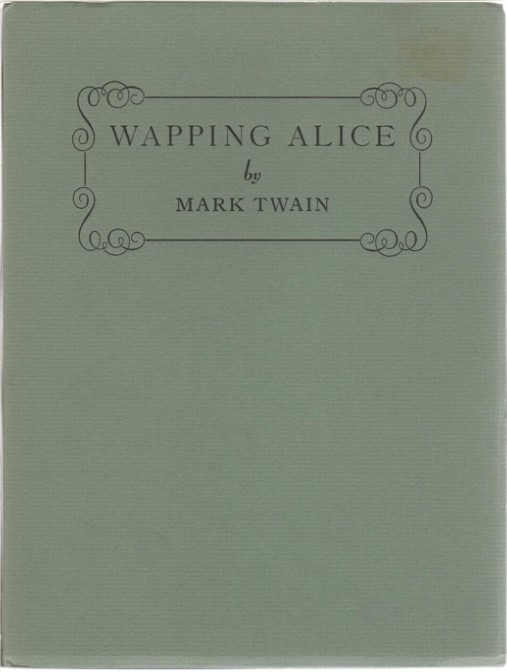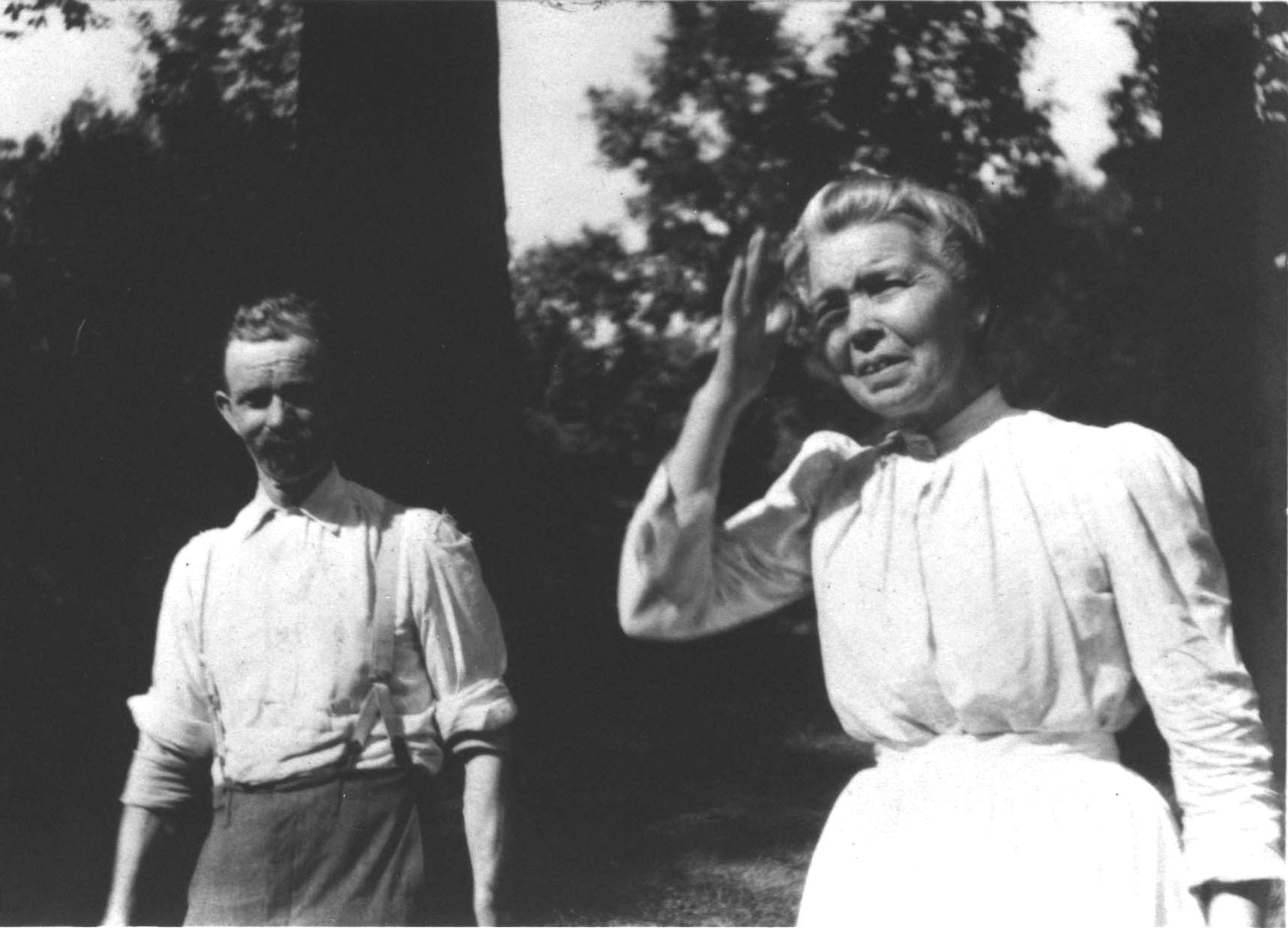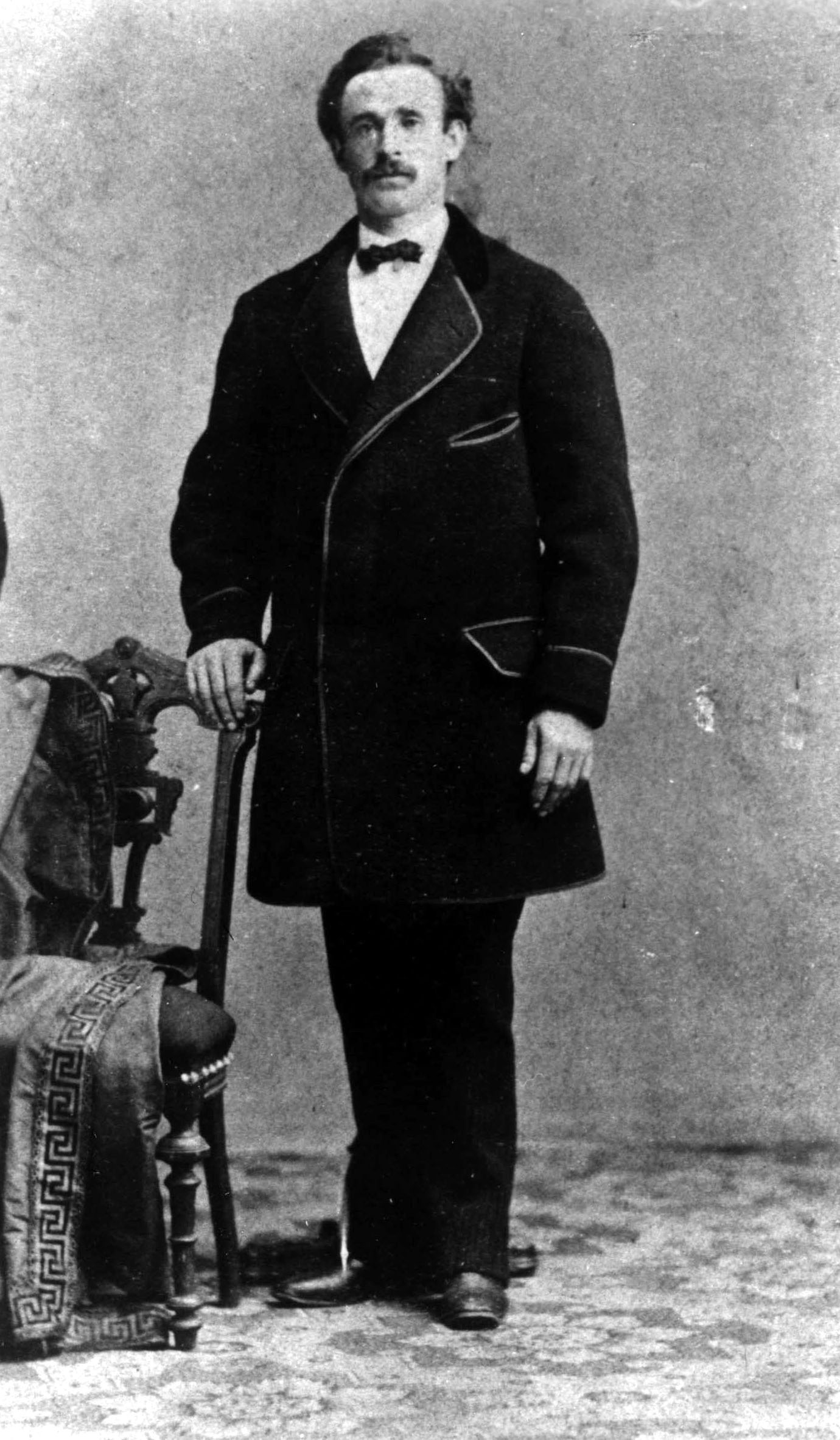Elizabeth “Lizzie” Wills (c.1845-n.d.)
Elizabeth “Lizzie” Wills was one of many housemaids who worked for the Clemenses in their Hartford home. Others included Ellen, Harriet, Lillian, Mary, Kate, and Josie. Known primarily by their first names, the housemaids who worked in the Clemens home were responsible for “above the stairs” duties, including cleaning and tidying the main rooms of the house; lighting and maintaining the fires, fireplaces, and gas fixtures; and preparing guest rooms for visitors.
Most of the Clemens maids “lived in,” meaning that they had rooms on the second floor above the kitchen wing. In addition to their pay, which Clemens once recorded in a notebook as $150 a year, the maids were provided a room furnished with a bed, bureau, wash stand, and a coal stove for heating.
Maids worked long hours, typically from early in the morning until 9 p.m. or later, if there were guests in the house. Free time was limited and visitors were restricted. Friends and followers (aka boyfriends) had to be out by 10 p.m. when Clemens set the burglar alarm.
In the summer of 1877 the members of the Clemens family were enjoying their usual stay in Elmira, New York, when Samuel was called back to Hartford, where the house was being looked after by the family servants. When Clemens got there, he heard the news that the house had been burglarized – but soon learned that things were more complicated.
Interviewing the staff, he realized there had been no burglar – just incursions by friends of Lizzie setting off the house’s battery-operated alarms. With the collusion of other servants she had let some young men, including her beau William Taylor, into the house. One of the men had been seen sitting with Wills on one of the house’s balconies. The other servants were aware that William and a pal had been playing pool on Clemens’s billiard table. Acting as judge and jury, Clemens invited Taylor to his study, with the local sheriff and his minister friend Rev. Joseph Twichell hidden in nearby rooms. He gave the “loafer” a choice: marry Wills or go to jail as a burglar. After some resistance Wills agreed to the first choice. Clemens gave the couple $100 to start out with and the servants drank a toast to the union.
For Clemens, the incident was the start of a good story of how he convinced Taylor to marry Wills, which he fictionalized for a humorous short story called “Wapping Alice.” He returned to the story several times, changing the characters until finally, in 1907, he wrote a factual account of the story. The story went unpublished until the Mark Twain Papers published it in the 1980s.
There are no known photographs of Elizabeth Wills; our search for one continues.


